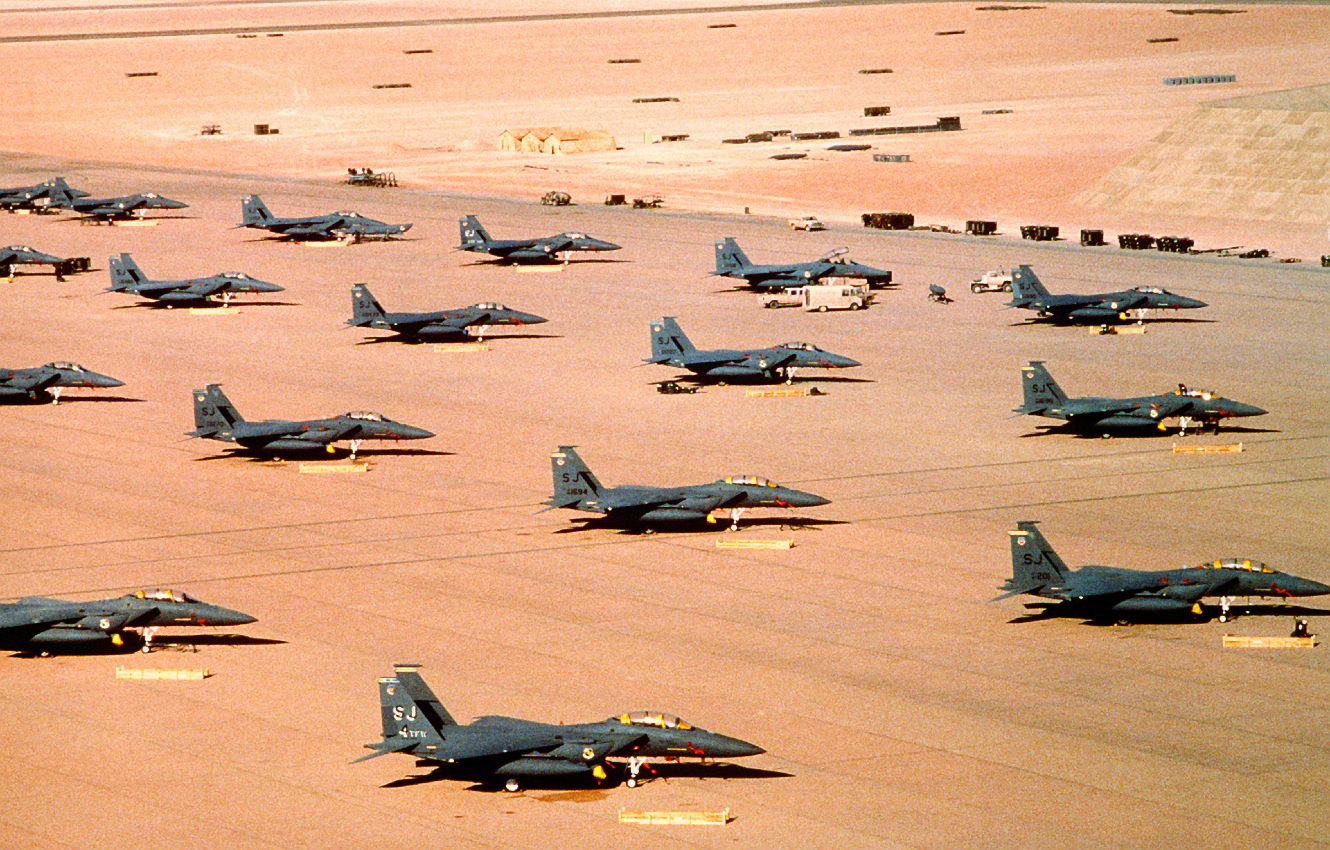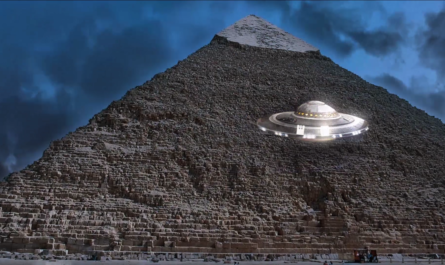Was Operation Desert Storm Worth It? The Truth About Its Devastating Impact
War has always been a contentious and painful chapter in human history, one that leaves scars long after the fighting ceases. Operation Desert Storm, the first major international conflict following the Cold War, serves as a stark reminder of the heavy toll that war exacts on nations, soldiers, and civilians alike. Though heralded as a swift and decisive military victory, its legacy is fraught with questions about its true cost—both in human lives and geopolitical stability.
The Conflict
In August 1990, Iraqi President Saddam Hussein launched an unprovoked invasion of neighboring Kuwait, citing territorial disputes and economic grievances. Kuwait, a small but oil-rich nation, found itself under siege by Iraq’s superior military forces. The invasion sent shockwaves through the international community, raising fears about the stability of the Persian Gulf—a region critical to global oil supplies.
The United Nations swiftly condemned Iraq’s actions, imposing economic sanctions and demanding an immediate withdrawal. When diplomatic efforts failed, a coalition of 35 nations, led by the United States, prepared for military intervention under the banner of Operation Desert Storm.
The Campaign: Precision and Power
On January 17, 1991, the skies above Iraq lit up as coalition forces launched a massive aerial bombardment. Over the next 42 days, advanced weaponry—including precision-guided missiles and stealth bombers—crippled Iraq’s military infrastructure. This was followed by a swift ground offensive on February 24, which liberated Kuwait in just 100 hours.
The coalition’s technological superiority was undeniable, but the operation also showcased the devastating potential of modern warfare. Thousands of Iraqi soldiers, many of them poorly trained conscripts, were killed in the relentless assault. Civilians bore the brunt of the bombing campaigns, with hospitals, schools, and residential areas often caught in the crossfire.
Human Cost: Lives Lost and Families Shattered
While the coalition achieved its objectives with minimal casualties on their side—fewer than 300 troops lost—the toll on Iraq was staggering. Estimates suggest that between 20,000 and 30,000 Iraqi soldiers were killed during the conflict, with an additional 75,000 wounded. Civilian deaths are harder to quantify, but they range from 3,000 to 5,000 during the bombing campaign alone.
Beyond the immediate fatalities, the war left a trail of long-term suffering. Iraq’s infrastructure was decimated, with power plants, water treatment facilities, and communication networks destroyed. The resulting humanitarian crisis led to outbreaks of disease, malnutrition, and a sharp decline in living standards for millions of Iraqis.
The Aftermath: A Fragile Peace
Although Operation Desert Storm succeeded in liberating Kuwait, it failed to resolve the deeper issues that plagued the region. Saddam Hussein remained in power, his regime further emboldened by the perception that he had survived an onslaught from the world’s most powerful nations.
The Gulf War also laid the groundwork for future conflicts. The harsh economic sanctions imposed on Iraq after the war crippled its economy but did little to weaken Saddam’s grip on power. Instead, ordinary Iraqis bore the brunt of the suffering, fostering resentment and anti-Western sentiment that would fester for decades.
For the United States and its allies, the war highlighted the limits of military intervention. While the coalition’s victory was celebrated, it did not bring lasting peace to the Middle East. In many ways, the seeds of the 2003 Iraq War were sown in the aftermath of Desert Storm, as unresolved tensions and mistrust continued to simmer.
The Human Face of War
War is often reduced to statistics and strategies, but behind every number is a human story. For the families of the 300 coalition soldiers who died, the war brought immeasurable grief. For the tens of thousands of Iraqi families who lost loved ones, the pain was compounded by the destruction of their homes and communities.
One of the most haunting images from the war is that of the “Highway of Death,” where retreating Iraqi forces were bombed mercilessly by coalition aircraft. The charred remains of vehicles and bodies served as a grim reminder of the brutality of modern warfare.
For journalists covering the conflict, these scenes were a stark contrast to the sanitized versions often presented to the public. The realities of war—its chaos, suffering, and moral ambiguities—were laid bare for the world to see.
Lessons Learned, Questions Unanswered
Operation Desert Storm was hailed as a model of international cooperation and military precision. Yet, its legacy raises uncomfortable questions. Did the war truly make the world safer? Could the conflict have been avoided through diplomacy? And at what cost do we achieve such victories?
One undeniable lesson is that war, even when justified, is never without consequences. The human and economic costs are immense, and the long-term effects are often unpredictable. For Iraq, the war marked the beginning of decades of instability and suffering. For the coalition nations, it was a reminder that military might alone cannot resolve complex geopolitical issues.
A Hope for Peace
As we reflect on Operation Desert Storm, it is important to remember the value of peace and the need for international dialogue. While war may sometimes seem inevitable, it should always be a last resort. The scars left by Desert Storm serve as a sobering reminder of the need to seek alternatives to conflict—no matter how difficult or time-consuming they may be.
For those who lived through the war, its memories remain vivid. For those who study its history, it offers valuable lessons about the costs of war and the importance of striving for a more peaceful world.
As we face new challenges and conflicts in the 21st century, let us carry forward the lessons of Operation Desert Storm—not as a justification for war, but as a call to prevent it whenever possible.
Why Choosing Plant-Based Food is a Joy, Not a Sacrifice? | Maya



/wp-content/uploads/2019/03/Jallianwala1.jpg)
